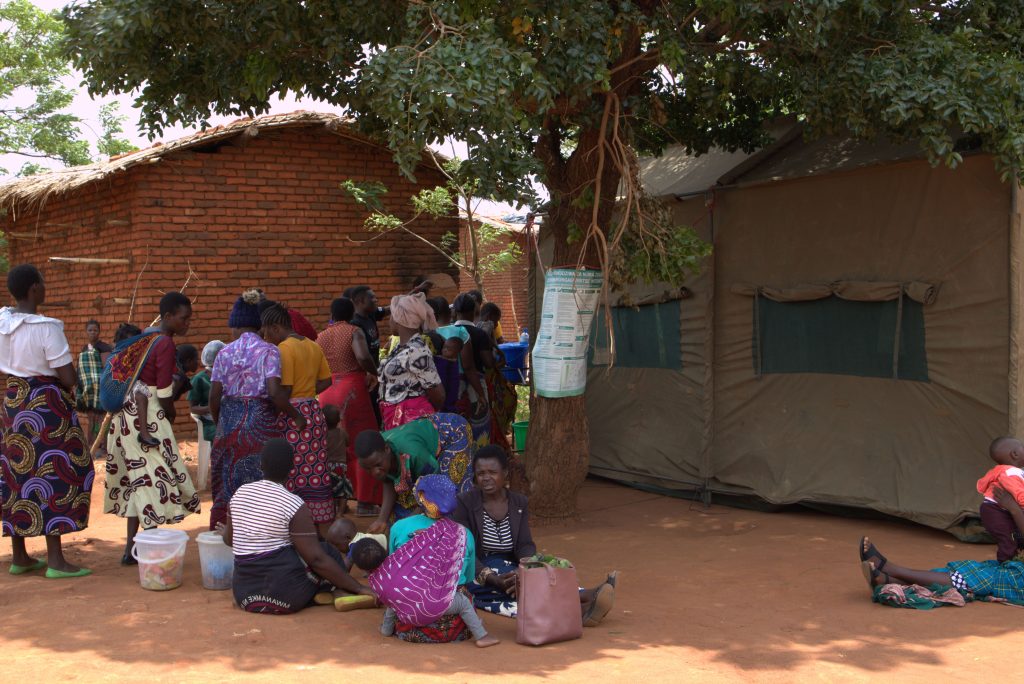Mary Yotamu a Dowa based mother, used to travel 50 Kilometers to find the nearest health service centre, Mponera rural community hospital, for her to access a family planning method.
She says at times when the time came for her to access such a service, she did not have transport to travel to the facility and therefore she could not go skipping her appointment which in turn placed her at a risk of getting unwanted pregnancy.
Mary can now breathe a sigh of relief following the availability of mobile outreach clinics managed by Family Planning Association of Malawi (FPAM) that provides Sexual Reproductive Health (SRHR) services in the district. Through the outreach clinics, people can plan on child spacing and decide how many children they should have.

“I no longer have to travel a long distance to access family planning services with the coming in of the project, the outreach clinic comes on regular basis with sexual reproductive health services,’’ she said.
Monia Haneki who stays in the same area also echoes with Yotamu.
“The mobile outreach clinic is very essential as we are able to access modern methods of contraception,” she said.

Mponera rural community hospital nurse Mary Mandule has since hailed the initiative saying at fist women could travel long distances to access SRHR services but now they can easily access the services using the outreach clinics.

FPAM is implementing the interventions in the district through the We Belong Together project (WBT) which is funded by a Norway based organization called Sex og Politikk. The five-year project aims at improving access to SRHR information and services to girls and women including the Lesbian, gay, bisexual, transgender, and intersex (LGBTI) community particularly those in the hard-to-reach areas in the districts of Dowa and Mzimba North.
FPAM provides SRHR services in the two districts using mobile outreach clinics.
According to UNFPA Malawi Officer in Charge, Ms. Miranda Tabifor despite the increase uptake of modern contraceptives in Malawi, un-met need for family planning is at 18 percent with a higher unmet need for the adolescents and young people at 23 percent.
“In Malawi, contraceptive prevalence rate among adolescents remains low at 37.5 percent, leading to one of the highest adolescent birth rates in Africa of 136/1000,” she said.
Ends//
Compiled by Faith Kamtambe Kadzanja – FPAM Communications and Advocacy Officer
